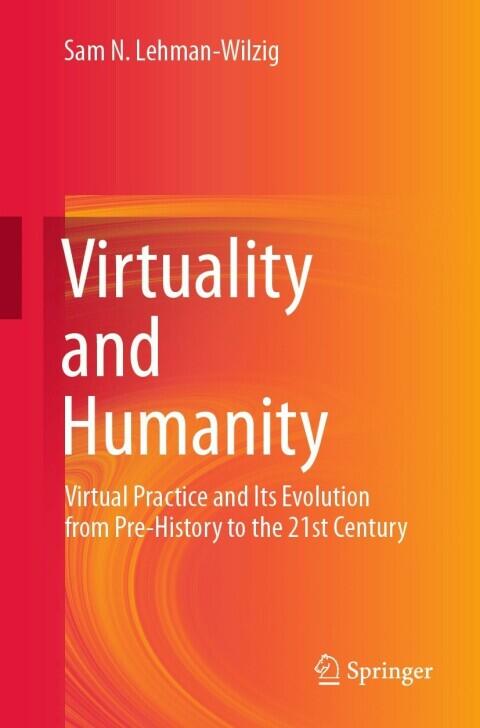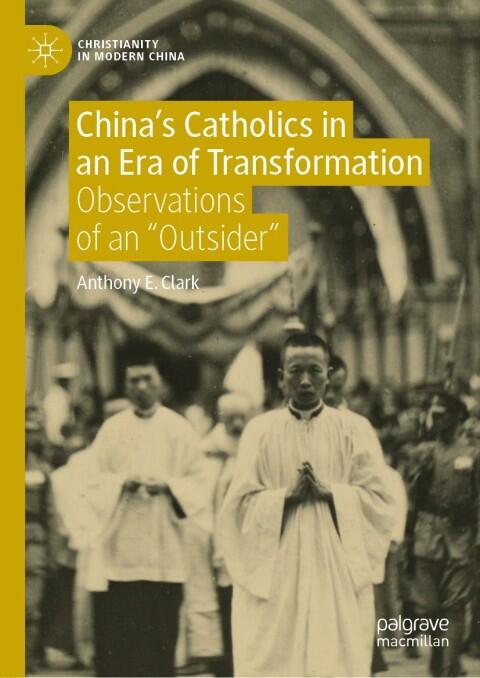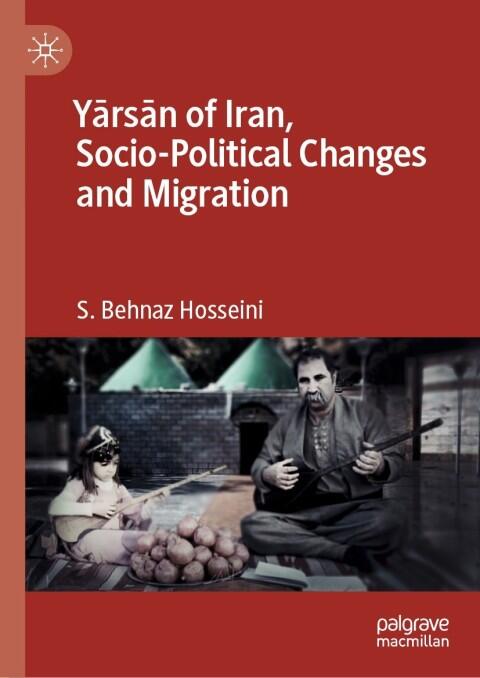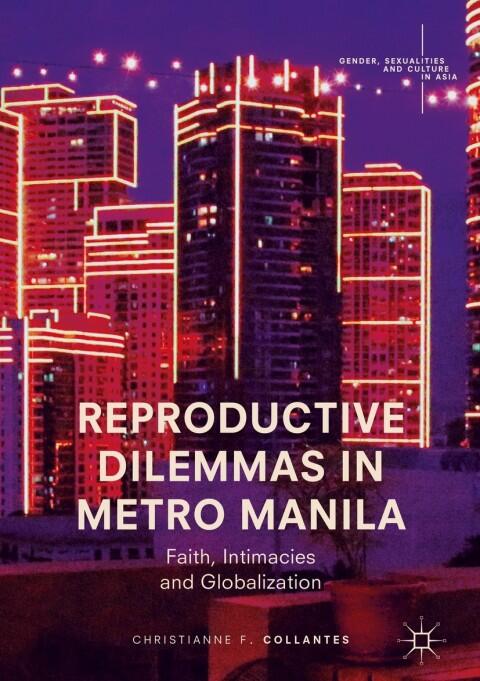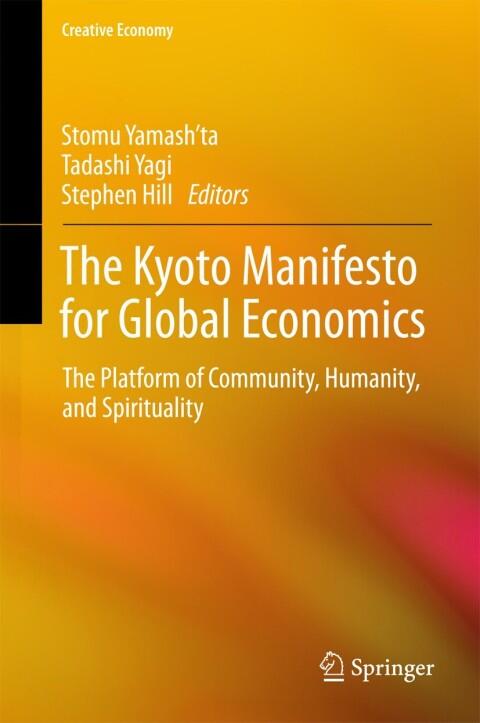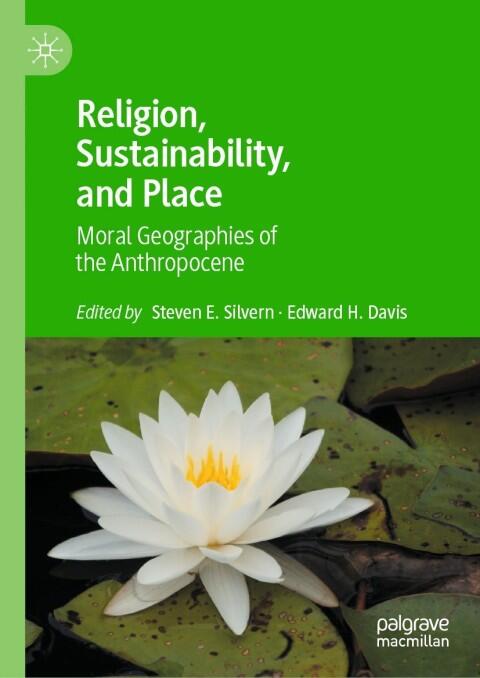
Religion, Sustainability, and Place: Moral Geographies of the Anthropocene
Inga betyg ännu
Romance
Action & Adventure
Religion & Spirituality
Format
Kindle
Sidor
433
Språk
Kinesiska
Publicerad
Jan 1, 2020
Förlag
Palgrave Macmillan
Utgåva
1st ed. 2021
ISBN-10
9811576467
ISBN-13
9789811576461
Beskrivning
In this insightful examination, the interplay between religion and sustainability is laid bare, revealing how faith communities are engaged in building more sustainable environments. The authors delve into the concept of moral geographies, highlighting how different religious traditions envision their roles within the Anthropocene epoch. By weaving together narratives, they illustrate the profound connections that exist between spiritual beliefs and ecological stewardship.
Silvern and Davis draw upon a rich tapestry of case studies that showcase the initiatives led by various religious groups. From grassroots movements to larger institutional frameworks, these communities strive to foster an ethic that prioritizes the welfare of the planet alongside their spiritual mandates. The book argues that these moral imperatives not only inform religious practices but also influence broader societal values and behaviors toward sustainability.
Throughout the text, readers are invited to consider how the sacred spaces created by religious traditions can serve as catalysts for environmental awareness and action. The authors present a compelling vision of how faith can play a vital role in addressing the pressing challenges of climate change and resource depletion.
Ultimately, this work not only emphasizes the significance of place and belonging in shaping religious attitudes toward the environment but also advocates for a more integrated approach to sustainability—one where spiritual and ecological considerations go hand in hand for the betterment of society as a whole.
Silvern and Davis draw upon a rich tapestry of case studies that showcase the initiatives led by various religious groups. From grassroots movements to larger institutional frameworks, these communities strive to foster an ethic that prioritizes the welfare of the planet alongside their spiritual mandates. The book argues that these moral imperatives not only inform religious practices but also influence broader societal values and behaviors toward sustainability.
Throughout the text, readers are invited to consider how the sacred spaces created by religious traditions can serve as catalysts for environmental awareness and action. The authors present a compelling vision of how faith can play a vital role in addressing the pressing challenges of climate change and resource depletion.
Ultimately, this work not only emphasizes the significance of place and belonging in shaping religious attitudes toward the environment but also advocates for a more integrated approach to sustainability—one where spiritual and ecological considerations go hand in hand for the betterment of society as a whole.
Recensioner
Inga recensioner ännu
Bli den första att recensera denna bok och dela dina tankar
Lägg till första recensionenLäsdagbok
Inga läsloggar hittades
Börja spåra dina läsframsteg för att se loggar här
Lägg till din första läsloggAnteckningar
Inga anteckningar hittades
Börja skriva anteckningar för att se dem här
Lägg till din första anteckningTransaktionslogg
Inga transaktionsloggar hittades
Börja spåra dina boktransaktioner för att se loggar här
Lägg till din första transaktionslogg